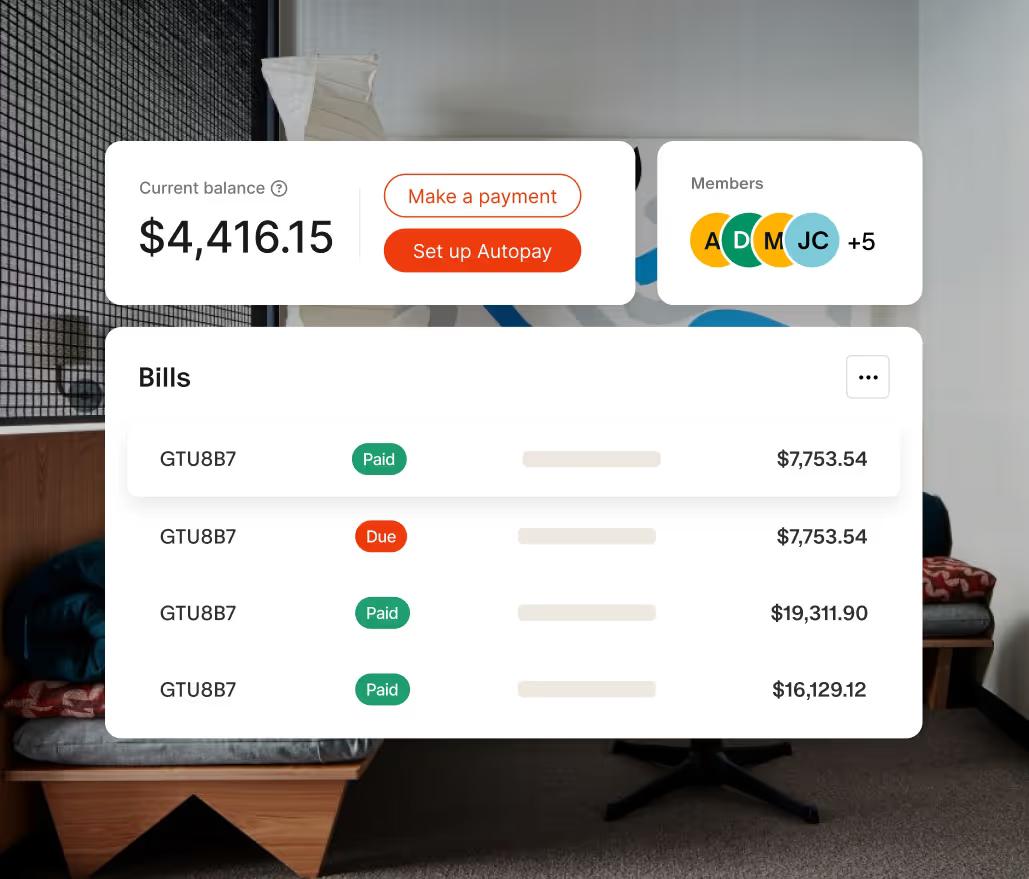Travel Scam Survival Guide: 10 Smart Ways to Stay Safe in 2025

Travel scams cost Americans $274 million in 2024, with business travelers getting targeted more than leisure travelers.
When scammers hit your project budget, you're not just losing money—you're dealing with stranded crews, missed deadlines, and scrambling to rebook accommodations while work sits idle.
You're also explaining to the project manager why the budget got hit twice: once for the scam, again for emergency rebooking at last-minute rates.
Business travelers make easy targets because of higher credit limits on company cards, group bookings worth thousands of dollars, and pressure to book fast for urgent project needs. Construction and manufacturing companies face unique risks since scammers research upcoming projects through permit filings, then call with "special rates" for project locations.
Learning how to avoid travel scams starts with understanding how scammers target business travelers. Here are 10 ways to protect your project budgets and keep your teams moving.
1. Verify Every Hotel Before Your Crew Shows Up
Many online hotel bookings get hit by fake websites and call centers pretending to be real hotels.
Fake booking sites copy everything from logos, photos, even website layouts. They'll make "marriott-hotels.com" instead of the real "marriott.com" and hope you don't notice the extra letters.
Call Before You Commit
- Use the phone number from the hotel's website
- Ask them to confirm your group booking by name and dates
- Make sure they have room blocks set aside for your company
- Check for security certificates (the little padlock icon in your browser) when paying
Watch for blurry logos, weird website addresses with extra numbers, and sites that make you pay before showing cancellation rules. Real hotel websites don't have spelling mistakes or force you to wire money.
When you're booking multiple rooms for your installation team, take some minutes to verify. That phone call could save you from showing up to a job site with no place for your crew to sleep.
2. Protect Virtual Company Cards Like You Protect Equipment
Your field teams using cards in new cities make easy targets. Check card readers like you check power tools. If something looks loose or doesn't fit right, use a different machine.
Keep Your Cards Secure
- Get virtual cards that work once and die—can't be reused if stolen
- Set spending limits by project so nobody runs up huge bills
- Turn on text alerts so you know immediately when your card gets used
- Train your crew to cover their PIN and check receipts right away
Virtual cards work like temporary gate codes; good for one job, then worthless to anyone trying to misuse them. Set up alerts so you get a text if someone tries to charge $500 in Miami while your crew is working in Denver.
Smart business travel budgeting includes backup payment methods for exactly these situations.
3. Recognize "Too Good to Be True" Deals
The first step to avoid travel fraud is recognizing deals that seem too good to be true.
Booking fraud during trip planning jumped 12% in 2024. Operations managers are under pressure to stretch tight budgets, and scammers know this.
Real hotels don't offer rooms for half price unless something's wrong—off-season, weekday rates, or real bulk discounts.
Look up normal rates for the area first. If you see "$49 rooms near construction sites" in cities where hotels usually cost $150, call the hotel directly.
Watch for urgent language like "Only 2 rooms left!" or "Deal ends today!" Real hotels don't pressure you like pushy salespeople. If the website has no address you can find on Google Maps, or only takes wire transfers, book somewhere else.
Fake deals cost time and credibility. While you're scrambling to find real rooms, your crew is stuck and your project timeline gets shot.
Your travel policy should include guidelines for verifying deals that seem unusually cheap.
4. Use Payment Methods That Fight Back
Company cards beat personal cards for protection, but you need to use them right. One in six business travelers gets hit by credit card scams.
Use company cards for all travel expenses and turn on digital wallets like Apple Pay or Google Pay. These don't give merchants your real card numbers, so even if payment data gets stolen, thieves can't use it anywhere else.
Company cards let you dispute charges faster, give you business-level support, and can freeze accounts right away without touching your personal money.
Tip: Wiggle card readers before using them. If anything seems loose, mismatched, or moves when you touch it, use a different machine.
5. Double-Check Confirmations Over the Phone
Scammers are getting better at fake confirmation emails. They'll copy hotel letterheads, make everything look official, and include confirmation numbers that seem real.
Fake confirmations usually come from generic email addresses like "[email protected]" instead of an email that ends with the hotel's real website. Look for weird formatting or booking details that don't match what you reserved.
Call the hotel directly 48 hours before your crew travels and ask them to confirm your booking details.
Ask specific questions like: "Can you confirm the room block for [Company Name] on [dates]?" Real hotels have this information immediately available. Scammers will stall or give vague answers.
Think of it like checking material deliveries. You wouldn't assume lumber showed up without making sure it matches your order.
6. Vet Travel Companies Thoroughly
Fake travel agencies account for fraud that's four times higher than other travel scams. Scammers target companies with regular travel needs because they know operations managers book the same routes repeatedly.
Knowing how to avoid travel scams means vetting travel companies like you vet subcontractors. Check their business license, read reviews on multiple sites, and make sure they have a real business address you can visit or call.
Ask direct questions:
- How long have you been in business?
- Are you registered with industry groups?
- Can I visit your office?
- Who can I talk to about negotiating payment terms?
Red flags include pushing for immediate payment, only taking cryptocurrency, and refusing to answer basic questions about their business.
7. Don't Trust Public Wi-Fi with Company Data
Airport and hotel Wi-Fi isn't secure for accessing company systems or financial accounts. Scammers create fake networks with names like "Free Hotel WiFi" or "Airport_Guest" to steal your information.
Always ask hotel staff for the real network name and password. Use your company VPN for all internet while traveling, avoid accessing financial systems on public networks, and use mobile hotspots instead of hotel Wi-Fi for sensitive stuff.
When scammers get into your company systems through unsecured Wi-Fi, they can access project files, client information, and bid details that give competitors an advantage.
Simple Rule: If you wouldn't talk about project budgets in a crowded restaurant, don't access them on public Wi-Fi.
8. Watch for Fake Travel Agency Tricks
Scammers know if they can hook an operations manager, they might get multiple bookings before getting caught.
Check agency credentials and industry memberships, make sure they're registered with airlines and hotels they claim to represent, and ask for references from other business clients.
Don't pay everything upfront. Real agencies work with normal payment terms.
Fake agencies often appear during busy construction seasons when legitimate agencies are booked solid. Scammers are usually more successful when you're booking last-minute under pressure.
9. Set Up Alerts For Project-Based Transactions
Most fraud gets caught after the damage is done. You need systems that catch problems while you can still fix them.
Turn on transaction alerts for all company cards used for travel and set spending limits by employee level and project type.
Watch for weird charges (transactions in two different states on the same day are red flags). Hook these alerts into your project tracking system if possible for real-time visibility into travel spending.
Set up immediate text alerts for any transaction over your limit, daily email summaries of travel-related charges, and notifications for international transactions if your projects are domestic.
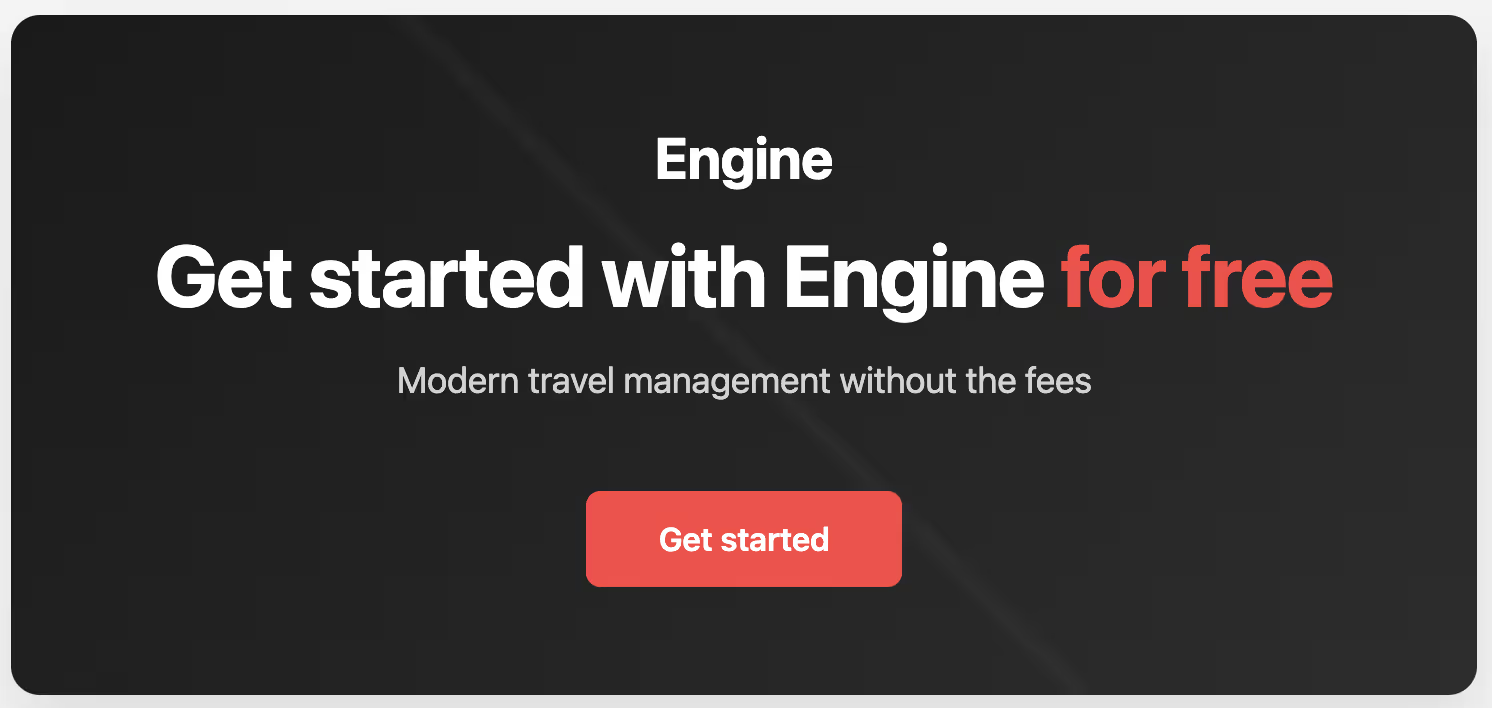
10. Know What to Do When Scams Hit
Time wasted on fraud recovery delays project timelines. You need quick solutions to keep teams working while handling the mess.
For small fraudulent charges, dispute them directly with your card company. Most business cards handle these fast. For major fraud, such as fake hotels that took thousands or identity theft, call your card company immediately to freeze affected accounts and file reports with the FTC.
If you freeze a card while someone's traveling, they're stuck without payment options. Have backup cards issued to key team members or set up emergency cash advances through your bank.
Document everything with screenshots, emails, and phone call notes. You'll need this for disputes and insurance claims.
But also, keep emergency contact numbers for your bank's fraud department saved in your phone. When you find fraud at 6 PM on a Friday, you don't want to waste time hunting for the right number while your crew waits for somewhere to sleep.
Tip: Keep a list of backup hotels near common job sites. When primary bookings fall through due to fraud, you need alternatives fast.
Systems That Work Beat Systems That Impress
The best way to avoid travel fraud is to treat bookings like any other business expense that affects project success. You check material deliveries, vet contractor credentials, and watch job site security.
Engine lets you apply the same standards to travel arrangements. Our platform checks accommodations, processes secure payments, and gives you real-time visibility into project travel costs—without the fraud risks that come with consumer booking sites.
Book hotels the way you handle everything else on job sites: simple, secure, and without training your team to spot scammers.
FAQs
What should I do if my crew gets stranded because of a booking scam?
Call your card company immediately to dispute charges, then use backup payment methods to book real accommodations. Document everything for recovery.
How can I check hotel reservations for 15+ people without calling about each room?
Call the hotel's group reservations department directly. They can check your entire block booking with just the main confirmation number.
What's the fastest way to dispute fake company card charges?
Most business cards have dedicated fraud lines with 24/7 support. Call immediately—many will freeze accounts and speed up investigations for business customers.





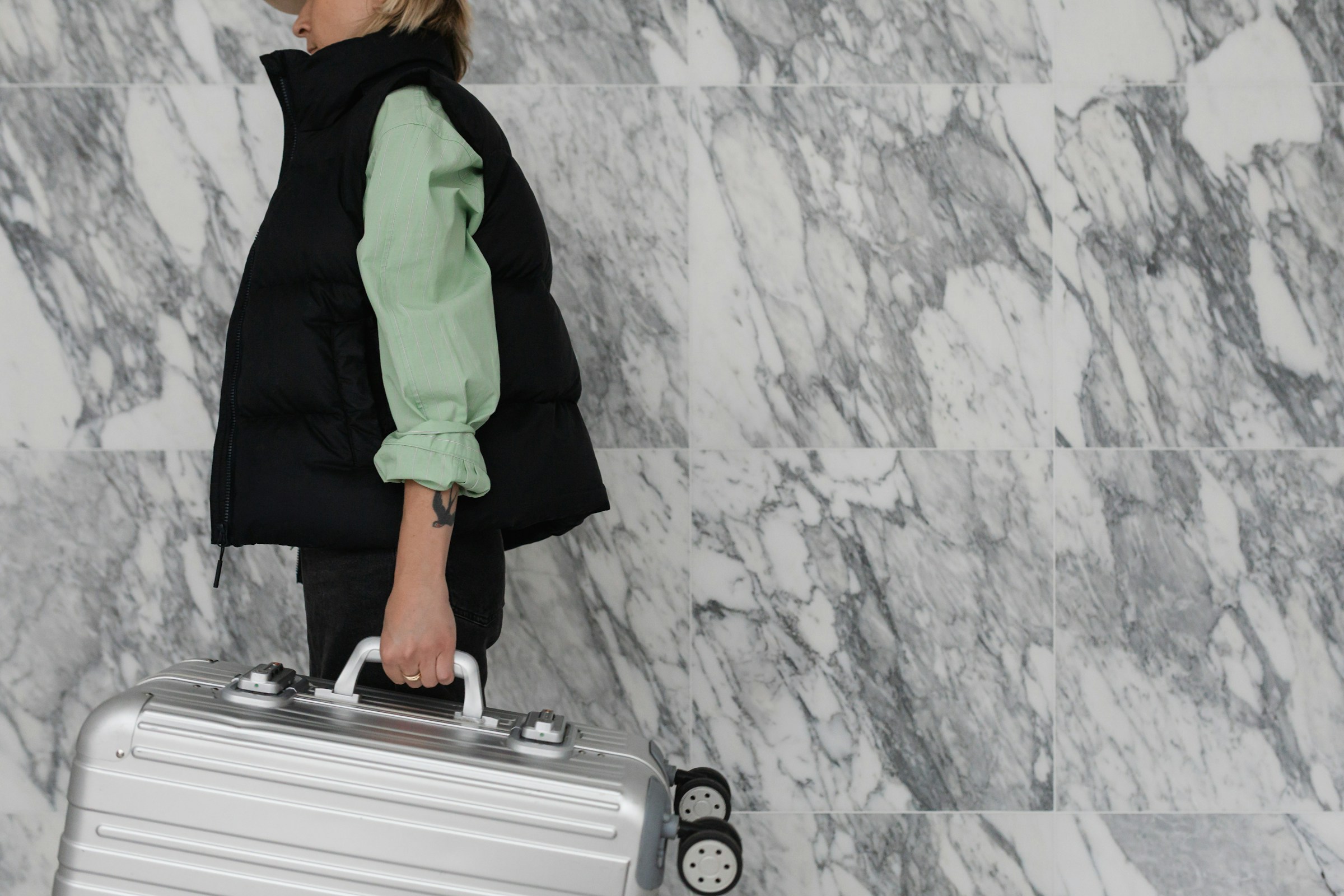
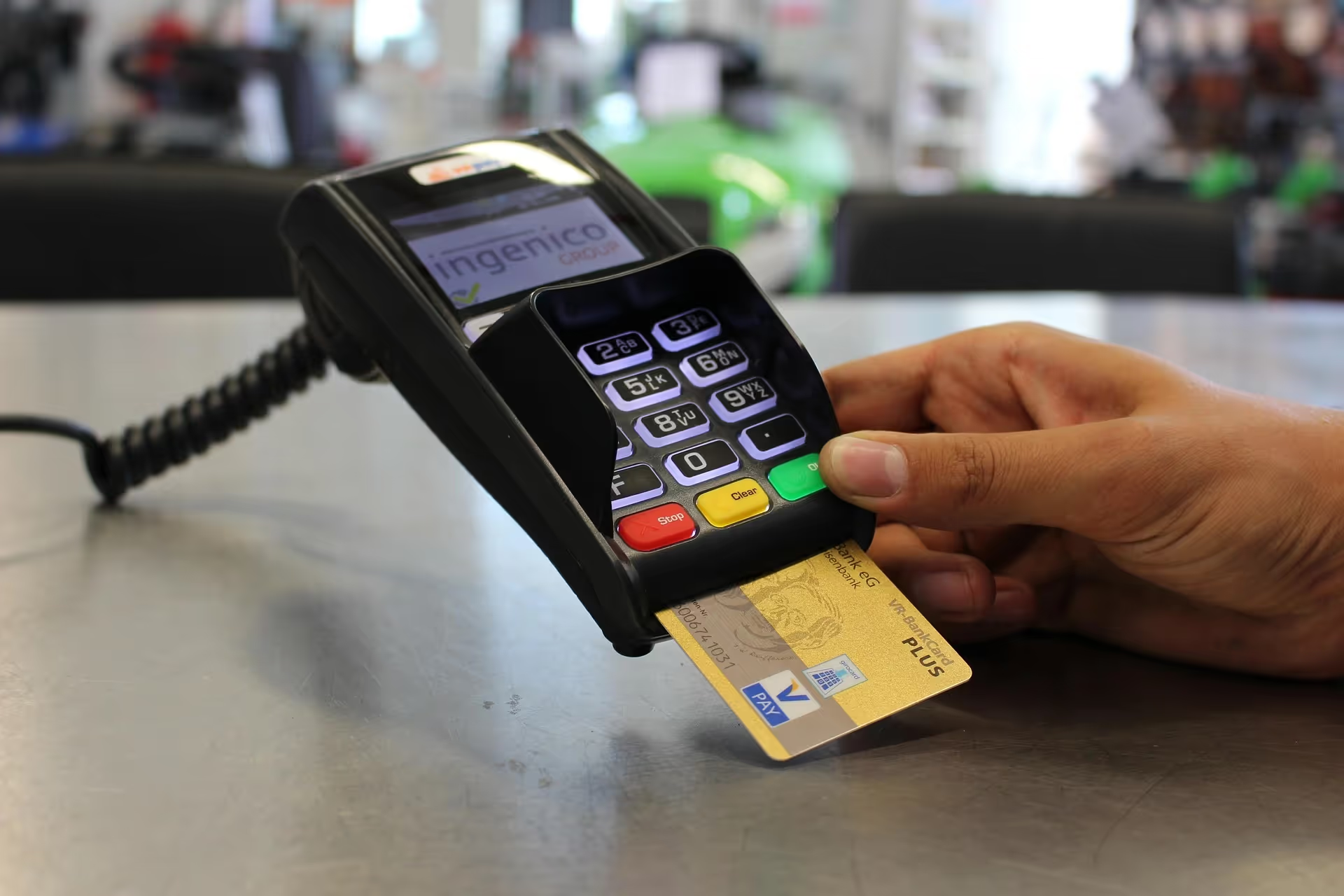

.avif)
.avif)









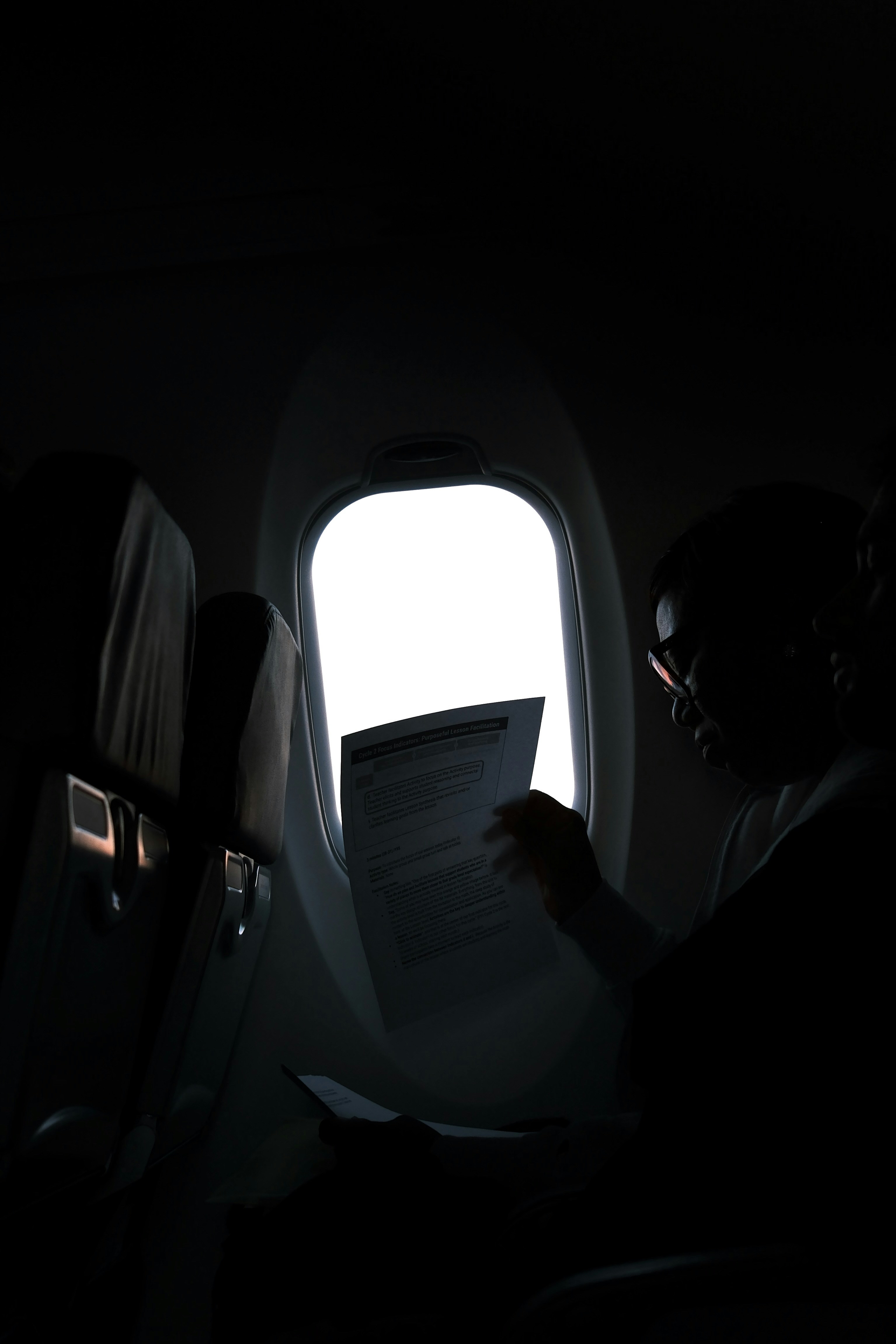

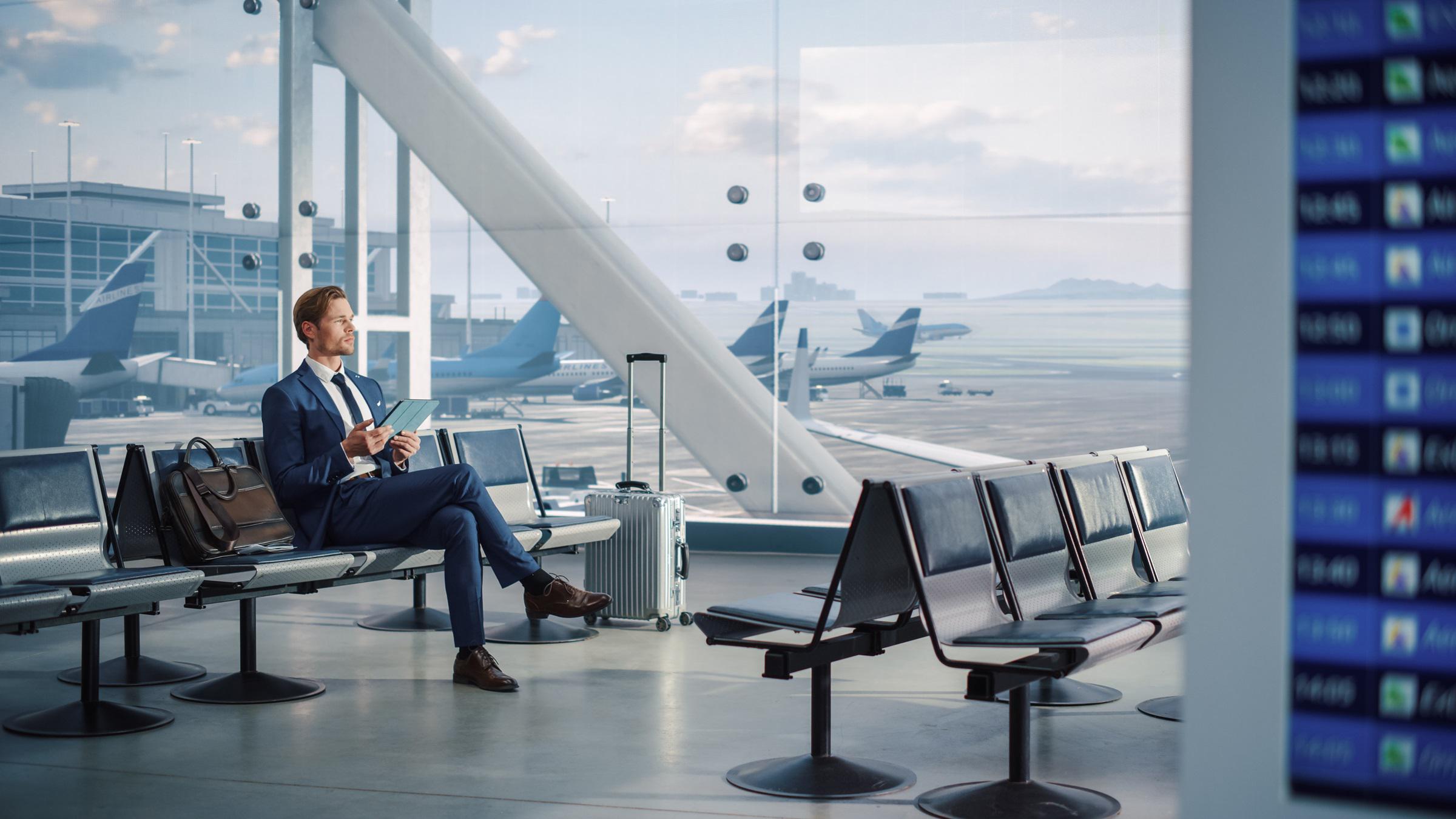









.avif)
